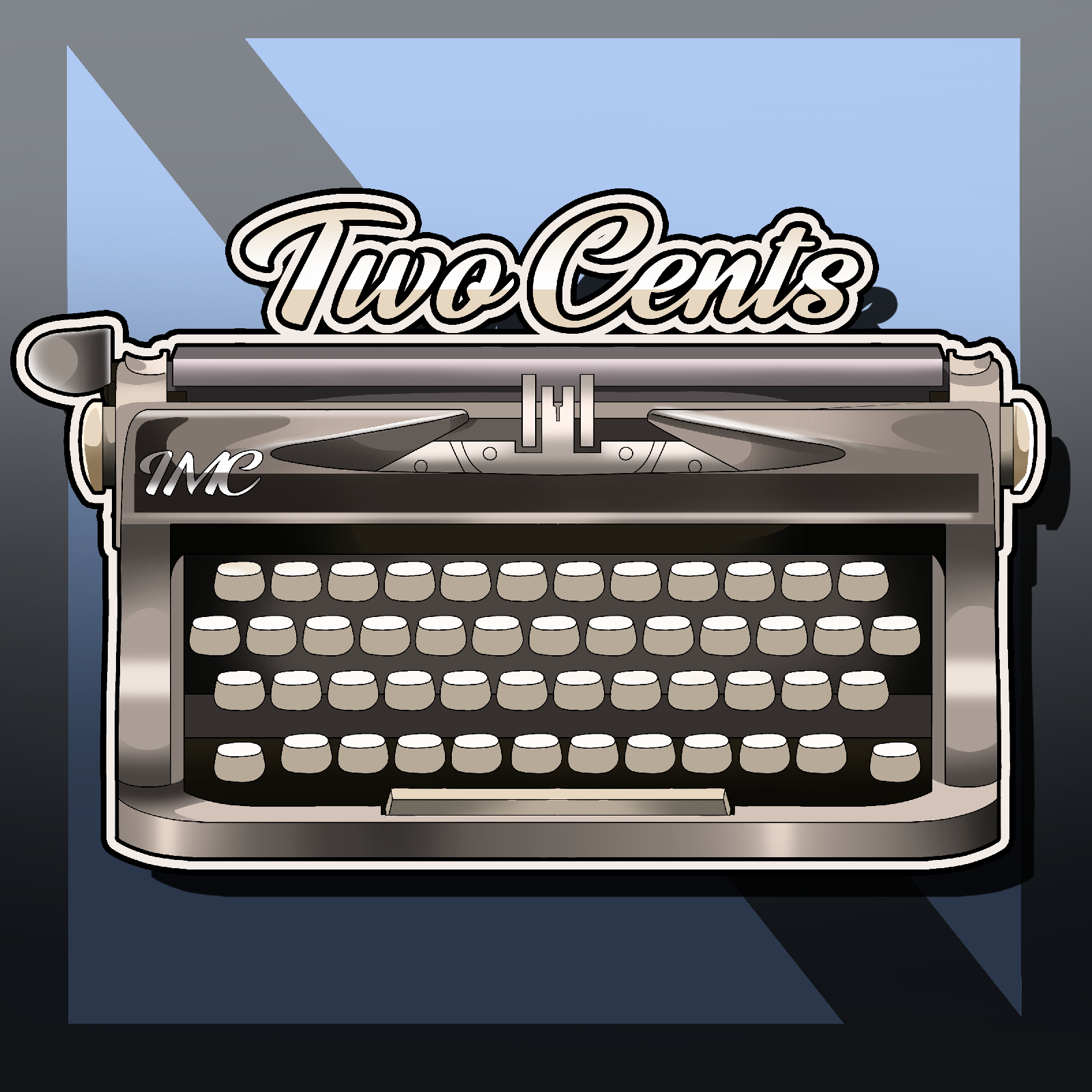A Fix for Writing Blocks: The Character Monologue
Recently, my friend Diane Callahan (@QuotidianWriter), turned my attention to a submission call in which she thought I might be interested. I took a look at it and decided that she was absolutely correct; it did sound like something in my wheelhouse. So, between a few other things I've been working on, I've been preparing a submission for it.
As is usually the case these days, when I started working on the story, I began just with a first line and proceeded from there. Within one sitting, I had a first draft of the first scene (always a good place to start). I just had one problem: I wasn't sure what happened next.
Now, under normal circumstances, I would've just let it lie and allow my unconscious mind to start going to work on the piece. It takes a long time (a month or so at least for me), for a story to percolate like that, and if I'm just writing something on my own time. However, given that this submission call has an actual deadline attached to it, I decided to try something else to jog my creativity.
A couple of weeks ago, I revisited one of Brandon Sanderson's How to Write Science Fiction and Fantasy BYU Lectures from 2016. In the course of that lecture, he happened to mention a technique that he finds works to help get his own creativity flowing when a character or story doesn't seem to be moving forward: writing a monologue from the character's perspective.
I'd heard of something similar from the novelist David Mitchell, of Cloud Atlas and The Bone Clocks fame. As a writer, he tends to specialize in using the 1st Person in his books (although I don't believe he uses it every time). He thinks of it as his home perspective, or his natural default, so frequently when a character isn't quite there for him, he writes a letter to himself in the voice of that character. And by "writes a letter," he means it: piece of paper, pen or pencil, and start scribbling.
Given that this story I'm working on is in first person anyway, I thought I'd better get to know my narrator/protagonist a bit better. So I tried it.
And it worked.
Doing this freewriting exercise gave me greater insight into my character—who she is, what she wants, and how she views the world. At the same time, it also gave me insight into the next part of the story, which I have no doubt will be rife with conflict.
 |
Excuse the bad penmanship. |
(If you'd care to watch the Sanderson lecture I mentioned, check out the video below.)



Comments